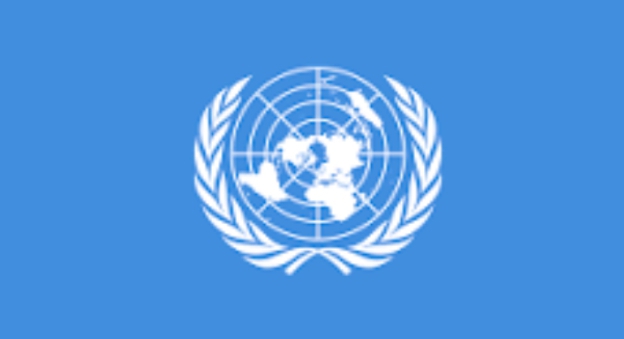UN: Billions Worldwide Still Lack Access To Safe Water – By Bello Olanrewaju Olatunbosun
Despite some progress, billions worldwide still lack access to safe water, sanitation, and hygiene; a situation exacerbated by water scarcity caused by conflicts and climate change. On Tuesday, the High-level Political Forum (HLPF) discussed the key role of water in reaching the Sustainable Development Goals (SDGs).
Water pollution poses a significant challenge to human health and the environment in many countries.
With around 2.2 billion people lacking “safely managed drinking water”, 3.5 billion without safe sanitation access, and two billion devoid of basic hygiene services in 2022, the world is moving too slowly to reach the SDG 6 ensuring that basic water needs can be met.
According to the UN’s Department of Economic and Social Affairs (DESA), achieving universal coverage by 2030 requires much faster progress.
There needs to be a six-fold increase in providing access to drinking water, a five-fold boost for sanitation, and a three-fold increase for hygiene services to meet the targets, and urgent acceleration is needed in 107 countries.














Post Comment